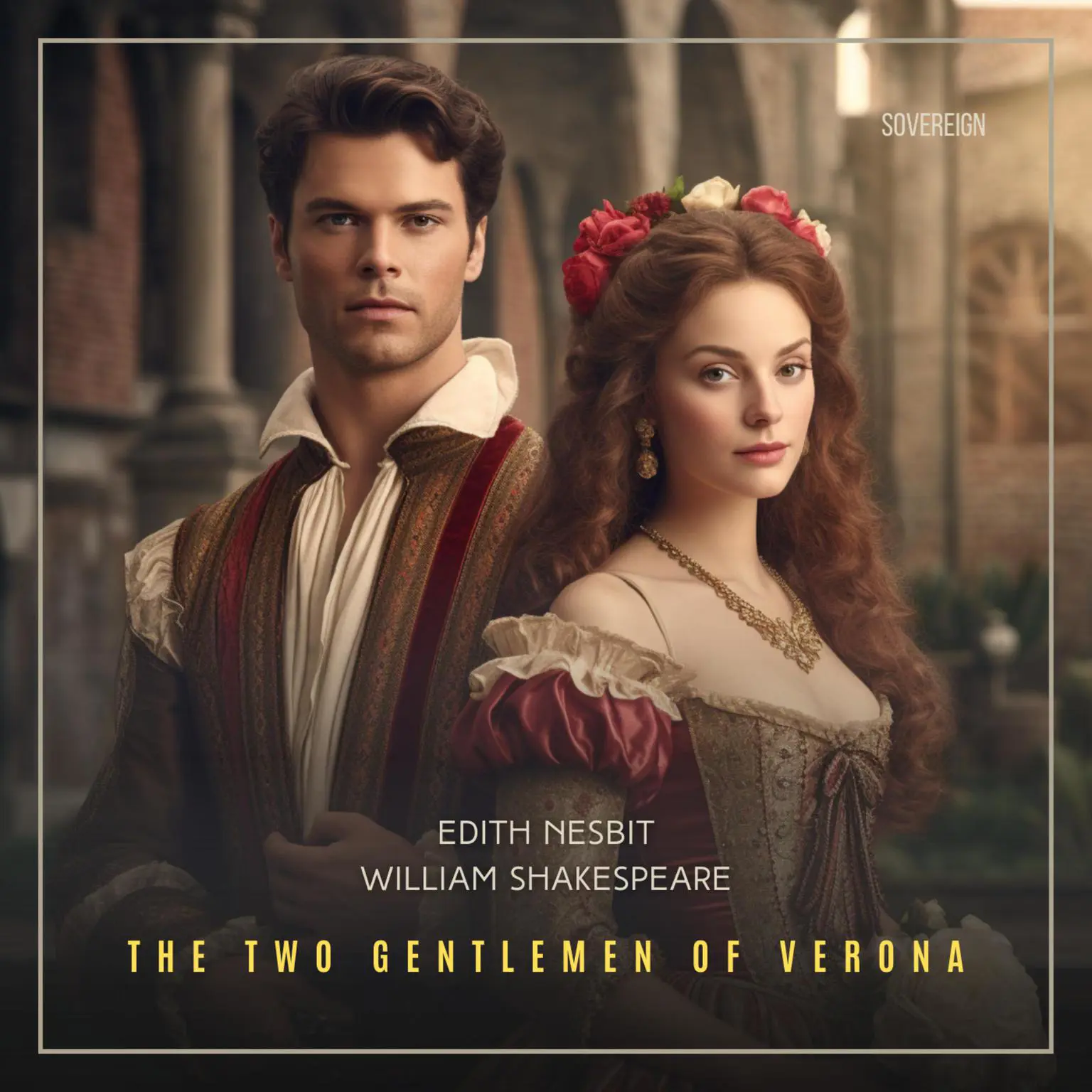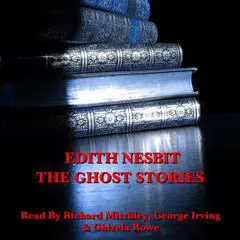 Play Audiobook Sample
Play Audiobook Sample
The Two Gentlemen of Verona Audiobook
 Play Audiobook Sample
Play Audiobook Sample
Quick Stats About this Audiobook
Total Audiobook Chapters:
Longest Chapter Length:
Shortest Chapter Length:
Average Chapter Length:
Audiobooks by this Author:
Publisher Description
Valentine is preparing to leave Verona for Milan so as to broaden his horizons. He begs his best friend, Proteus, to come with him, but Proteus is in love with Julia, and refuses to leave. The play deals with the themes of friendship and infidelity, the conflict between friendship and love, and the foolish behaviour of people in love. This edition of 'The Two Gentlemen of Verona' is an adaptation of Shakespeare's eponymous drama, narrated in plain modern English, capturing the very essence and key elements of the original Shakespeare's work. Read in English, unabdridged.
Download and start listening now!
"Overall a good early work of William Shakespeare. Lots of intrigue and fun characters. My only beef is with the ending where Shakespeare seems to suddenly realize that he actually HAS to end it, so there are some loose ends that are hastily and messily tied up. Overall a fun play, though. "
— Matt (4 out of 5 stars)
The Two Gentlemen of Verona Listener Reviews
-
" This play has genuinely funnier moments than have occurred in either of its predecessors (Comedy of Errors, Shrew), stemming from the fact that for the first time the audience gets to be in one one of the character's jokes on another (when the Duke of Milan messes with Valentine when he knows Valentine is planning to steal away his daughter.) Plus, Launce's speeches are actually truly funny (if antisemetic, sigh.) Also, Mark and I thought that in Proteus we see the idea of love being far more important than the reality: it's why he won't kiss Julia goodbye, and why we think he switches the object of his affection to Silvia, who is more unattainable and therefore can be wooed tragically. Yes, the bit with the pirates couldn't be sillier (when we did this show, they were women, which made the oddly flirtatious language make more sense), and the ending totally falls apart, but we're seeing Shakespeare's sense of comedy improve markedly. "
— Sara, 2/10/2014 -
" Classic Shakespeare. Not my favorite but even a bad one is better than most peoples best. True love, truthy love, and betrayal with the customary woman dressed as a man (which at that time meant a male actor dressed as a woman dressed as a man??!) "
— Sam, 1/18/2014 -
" This is definitely not Shakespeare's finest, but it's still rather entertaining. "
— Jackie, 1/15/2014 -
" Definitely my least favorite Shakespeare play. Tidy ending is way too easy and a little reminiscent of Hollywood (I say that pejoratively). I am looking forward to a tragedy after three comedies in a row. I think next up is Titus Andronicus (yay!). "
— Zeeple, 1/14/2014 -
" I really enjoy the way that Shakespeare can make the characters so easy to connect with. It is not my favorite one of the plays he wrote, but the characters are understandable and very interesting. "
— Jesse, 11/17/2013 -
" The play is much funnier than the performance. "
— Angie, 8/28/2013 -
" Woo boy. That ending is pretty repulsive. "
— Grack21, 4/28/2013 -
" I just prefer seeing a play to reading one, but there is a reason Shakespeare is so timeless. "
— Meredith, 3/16/2013 -
" Apparently this is one the Bard's earliest works and maybe he had not yet hit his rhythm. The language is lyric and well placed, but there is just nothing going on. I gave it a chance, and tried really hard to like it, but just could not get into this one. "
— Lyn, 11/21/2012 -
" Yep. Read it. Yep. Enjoyed it more as a play. Yep. That's how it is going to be with this project. "
— Patricia, 9/18/2012 -
" I really loved this - about friendship. "
— Aeisele, 8/19/2012
About the Authors
Edith Nesbit (1858–1924) lived in England and had dreamed of becoming a poet since she was fifteen years old. After her husband fell ill, it was up to her to support her small family. For the next nineteen years, she wrote novels, essays, articles, poems, and short stories; but it was not until 1899, when The Story of the Treasure Seekers was published, that she achieved great success. Her groundbreaking style of depicting realistic, believable children quickly gained a popularity that has lasted for more than a century.
William Shakespeare (1564–1616), English poet and dramatist of the Elizabethan and early Jacobean period, is the most widely known author in all of English literature and often considered the greatest. He was an active member of a theater company for at least twenty years, during which time he wrote many great plays. Plays were not prized as literature at the time and Shakespeare was not widely read until the middle of the eighteenth century, when a great upsurge of interest in his works began that continues today.
About Josh Verbae
Josh Verbae is the editor and a theology specialist at The Big Nest. His work includes compiling collections of Christian Classics series and editions of the Holy Bible. His narration work includes The Tale of Benjamin Bunny by Beatrix Potter, The Sphinx without a Secret by Oscar Wilde, and English Fairy Tales, Vol 1 by Andrew Lang.






















